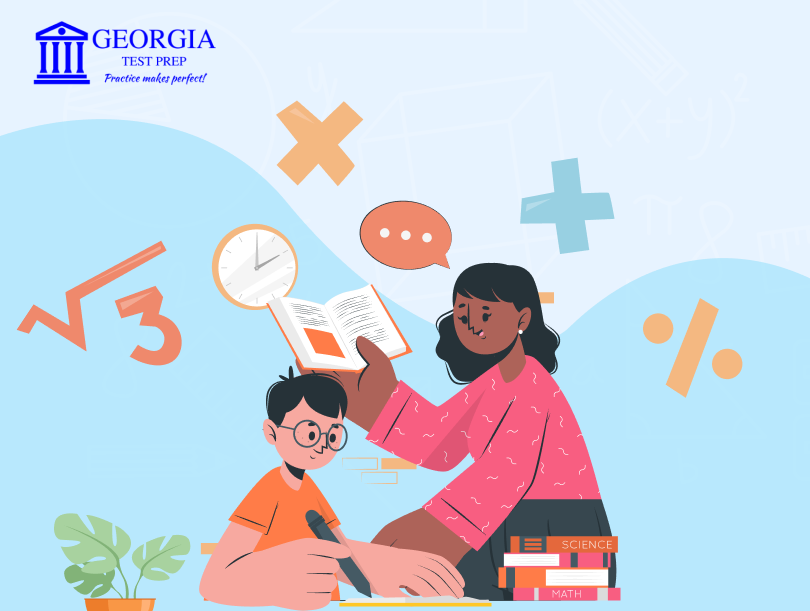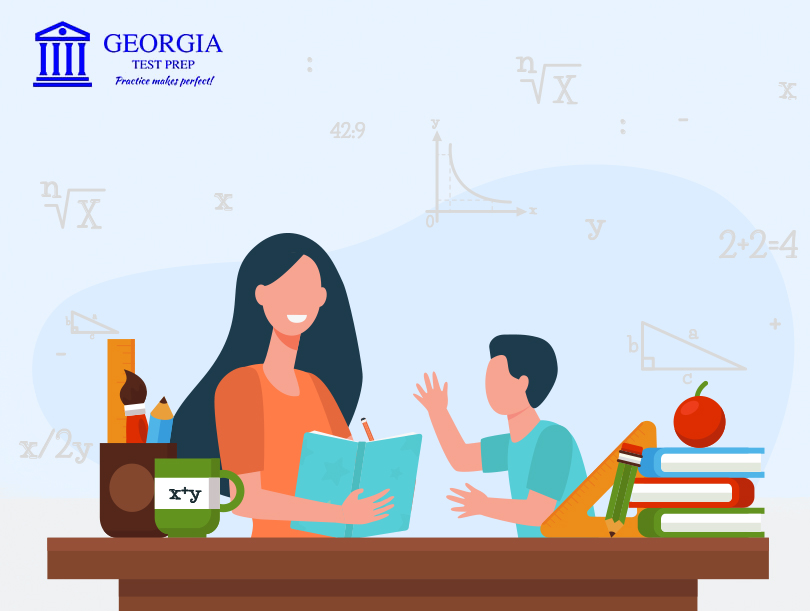As children grow and develop, it is crucial for them to continue learning in order to reach their full potential. Learning goes beyond the traditional classroom setting and can occur through various experiences and interactions. By keeping children engaged in learning, they develop critical thinking skills, creativity, and a lifelong love for knowledge.
While the importance of continued learning for children is widely recognized, sometimes parents face challenges in ensuring that their child is constantly learning. These challenges can range from lack of time and resources to a child’s lack of motivation. However, by implementing some simple strategies and techniques, parents can help their children keep on learning and reach their full potential.
Tips on Fostering Learning
A. Finding the Child’s Interests and Passions
One of the best ways to encourage a love of learning is to tap into a child’s individual interests and passions. By doing so, learning becomes more engaging and relevant to the child. Parents can ask their children about their favorite hobbies, books, and subjects and then use that information to guide educational experiences. For example, a child who enjoys math can practice solving equations, play math games, or participate in math competitions.
B. Creating a Positive Learning Environment
The environment in which a child learns can significantly impact their motivation and engagement. Parents can create a positive learning environment by making it fun, comfortable, and inviting. This can be achieved by incorporating colorful decorations, creating a dedicated study area, and providing ample light and space that is free from distractions.
C. Promoting a Growth Mindset
Promoting a growth mindset is crucial for encouraging a love of learning. A growth mindset is a belief that one’s abilities and intelligence can be developed through effort and learning. Parents can promote this by highlighting the benefits of making mistakes and celebrating their child’s efforts and progress, rather than just the end result. This helps children view learning as a journey, rather than a destination, and encourages them to embrace challenges as opportunities for growth.
D. Encouraging Curiosity
Encouraging children to ask questions and express their curiosity can be a great way to foster independent learning. Parents can ask open-ended questions, listen to their child’s ideas and opinions, and provide opportunities for them to explore and discover new information on their own.
E. Providing Resources for Self-Directed Learning
Self-directed learning is an approach to education that empowers students to take control of their own learning process. Rather than being passively taught by a teacher or parent, children in self-directed learning environments actively seek out information and resources to build their knowledge and skills. This type of learning has been shown to be highly effective in promoting student motivation, engagement, and academic success.
F. Setting and Achieving Goals
Parents can work with their children to set realistic and achievable goals and then provide support and encouragement along the way. This not only helps children develop a sense of accomplishment and pride but also helps them understand the importance of setting and working towards goals in all areas of life.
How to develop structural learning
A. Daily Routines
Incorporating educational activities into daily routines can help support structured learning and make it a regular part of a child’s life. Parents can find creative ways to make learning a part of daily activities such as meal times, trips, or chores. For example, parents can play educational games, have discussions about current events, or work on puzzles together.
B. Classes or Programs
Research has demonstrated that participating in structured learning activities can have a number of benefits for children. For example, structured learning can provide children with opportunities to develop new skills and interests. In particular, programs that focus on the arts, such as music or art classes, can help children develop creativity and critical thinking skills. Additionally, structured learning programs that focus on physical activities, such as sports or dance, can help children develop coordination, motor skills, and overall fitness.
C. Reinforce Learning at Home
Working with a child’s teacher can be a great way to support structured learning. Parents can attend parent-teacher conferences, stay informed about what is being taught in class, and reinforce learning at home by completing homework and studying together. This helps create a consistent learning environment and supports and reinforces what is being taught in the classroom.
Managing Gadget and Screen Time for Optimal Learning
A. Limiting the Amount of Screen Time
Balancing screen time is important for a child’s overall well-being and development. While technology can be a valuable tool for learning, it is crucial to limit the amount of time a child spends in front of screens. Parents can set daily or weekly limits on screen time and encourage alternative activities such as reading, playing outside, or pursuing hobbies.
B. Providing Age-Appropriate Screen Content
When children use screens, it is important to ensure they access age-appropriate content. Parents can research and choose educational apps, games, and websites that align with their child’s interests and learning goals. Additionally, parents can also monitor their child’s screen usage and ensure they are not exposed to inappropriate or harmful content.
C. Encouraging Active Screen Time
Encouraging active screen time can also help balance screen time. This can include playing physical games, educational activities, or virtual reality experiences. These activities can be a great way to engage children and provide a unique learning experience.
How Georgia Test Prep can help Your Child Keep Learning
Georgia Test Prep can be a valuable resource in helping your child keep learning. The web app provides online resources and Georgia Milestones practice tests. These resources can help support structured learning and reinforce what your child is learning in school.
By using the practice tests, your child can become familiar with the test format, understand the types of questions that will be asked, and develop test-taking strategies.
Incorporating Georgia Test Prep into your child’s study routine can help improve their confidence and performance on standardized tests. This can provide a boost to your child’s academic success and help prepare them for future educational and career opportunities.
Overall, it is a valuable resource for parents who want to support their child’s learning and help them reach their full potential. By using the resources and practice tests available on the website, parents can provide their children with the tools and resources they need to succeed.


